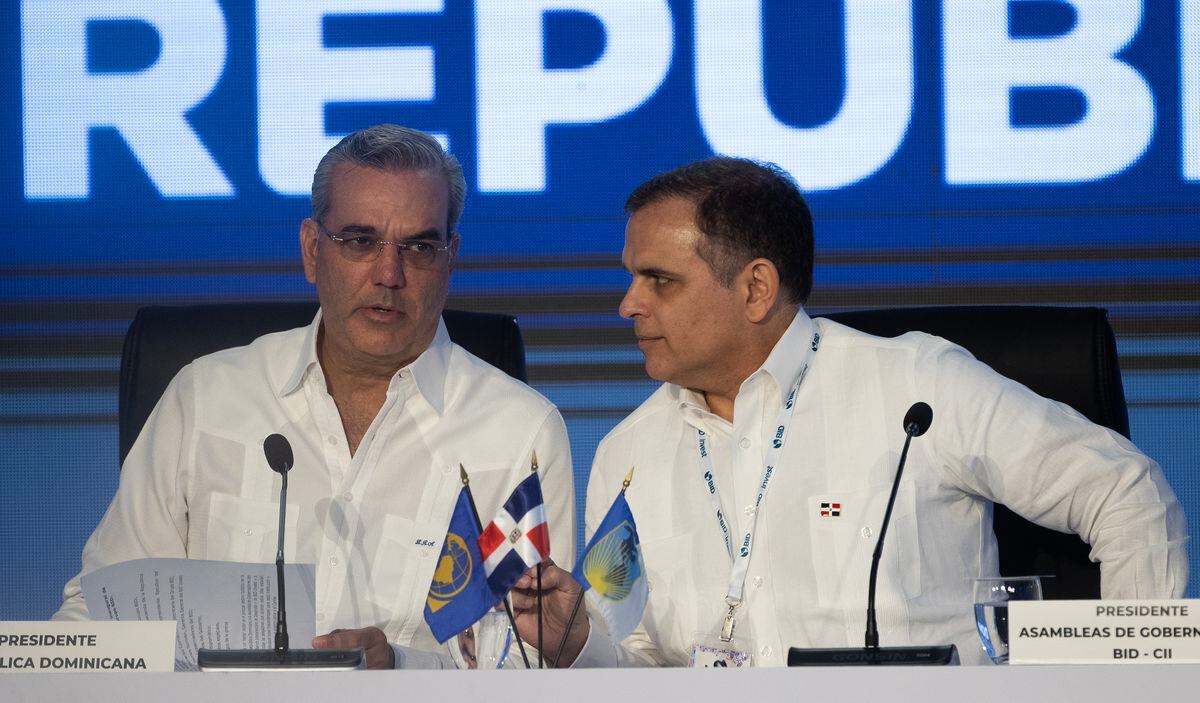The spending that governments in Latin America made during the pandemic, as a stimulus to their economies in confinement, is now debt that could hinder their growth.
According to the
Development in the Americas
report , published by the Inter-American Development Bank (IDB) on Thursday, the region's public debt grew from 58% in 2019 to 72% in 2020 due to fiscal packages related to covid-19, lower income and a recession.
Governments should give priority to reducing debt "to prudent levels" to boost economic growth, encourage investment and reduce the risk of a crisis, the multilateral recommends.
“Well-managed and sustainable debt can help unlock the abundant growth potential of Latin America and the Caribbean,” Eric Parrado, chief economist at the Washington-based multilateral, said in a statement.
Debt must be "an engine and not a drag for growth," added the specialist.
According to the report, the total debt of Latin America and the Caribbean rose to some 5.8 trillion, the equivalent of 117% of GDP, from 3 trillion in 2008. This is an increase of 93%.
A good objective for the region is to reduce this level of debt to a range between 46% and 55% of GDP.
The IDB recommends strengthening fiscal institutions.
His study shows that the countries of the region met only 57% of the objectives specified in the rules due to the poor design of said rules.
According to the institution, the best way to reduce debt is through higher growth combined with efficient public spending and adequate public revenue, so that collection does not sacrifice growth.
“High levels of indebtedness can hinder development, as they drive investors to demand higher returns, crowding out private investment and forcing governments to divert scarce resources to pay interest, instead of investing in infrastructure and public services.
This situation is aggravated by the current global context," says the institution's statement, referring to the possibility of a recession.
The report also proposes the creation of a forum "to improve the coordination of debt restructuring processes" as well as relying more on development banks and official lenders, which tend to offer loans at lower rates and longer terms than the markets. private.
The IDB also highlights that the household indebtedness level of 22% of GDP is low compared to international standards.
The general level of household indebtedness in the region continues to be relatively low in relation to other emerging economies (where it is 35%).
In developed countries, households have a debt level of 77% of GDP.
“The report also recommends that governments design interventions to precisely target those promising companies that need support, but offer them a broader set of instruments, including equity or quasi-equity, so as not to increase the debt burden,” it says. the IDB.



/cloudfront-eu-central-1.images.arcpublishing.com/prisa/IOQ5LVJEOFAEZHGFMYWVXLFURI.jpg)
/cloudfront-eu-central-1.images.arcpublishing.com/prisa/ZU5KUJFBSRGVVM2SXJTZBZP3XI.jpg)

/cloudfront-eu-central-1.images.arcpublishing.com/prisa/2KVLLY26ZNGK3OCBRI676KYGKA.jpg)
/cloudfront-eu-central-1.images.arcpublishing.com/prisa/RBDI3FWLIZDXBFZRE73ADUDT4M.jpg)

